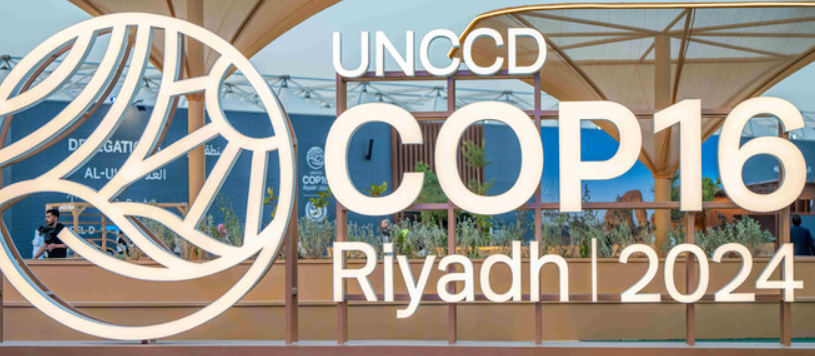
14 Dec 2024
RIYADH: COP16 witnessed unprecedented financial pledges totaling over $12 billion for land restoration and drought resilience initiatives, with Saudi Arabia leading from the front.
Held in Riyadh from December 2-13 under the theme “Our Land. Our Future,” COP16 brought together over 196 countries and numerous international organizations, marking a crucial milestone in the fight against environmental challenges that threaten billions of people worldwide.
Funding pledges seen at the event included £10 billion from the Arab Coordination Group to finance global projects combating land degradation, desertification, and drought.
Additional contributions included $1 billion each from the OPEC Fund and the Islamic Development Bank, and $150 million from Saudi Arabia.
A legacy of action and collaboration
Saudi Minister of Environment and COP16 President Abdulrahman Al-Fadhley opened the conference with a call for intensified international collaboration to combat desertification, particularly in regions most affected by climate change.
“The Middle East, among the regions most impacted by these challenges, stands ready to lead through collaboration and innovation,” Al-Fadhley stated.
He emphasized Saudi Arabia’s Vision 2030 as a cornerstone of the Kingdom’s green agenda.
This vision aims to restore 40 million hectares of degraded land, increase national reserves by 30 percent, and achieve a renewable energy mix of 50 percent by 2030.
The Saudi Green Initiative, launched in 2021, has already led to the planting of 95 million trees and the restoration of 111,000 hectares of land.
Outgoing COP15 President Alain-Richard Donwahi of Côte d’Ivoire handed over leadership with a message of urgency, while UNCCD Executive Secretary Ibrahim Thiaw underscored that nearly 40 percent of the Earth’s land is degraded, impacting over 3 billion people.
He warned that failing to address land degradation could lead to intensified food insecurity, conflict, and forced migration.